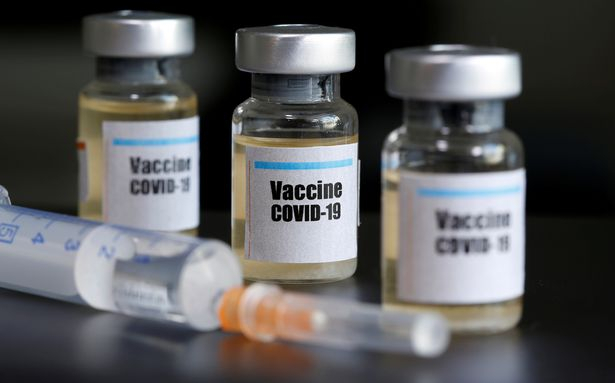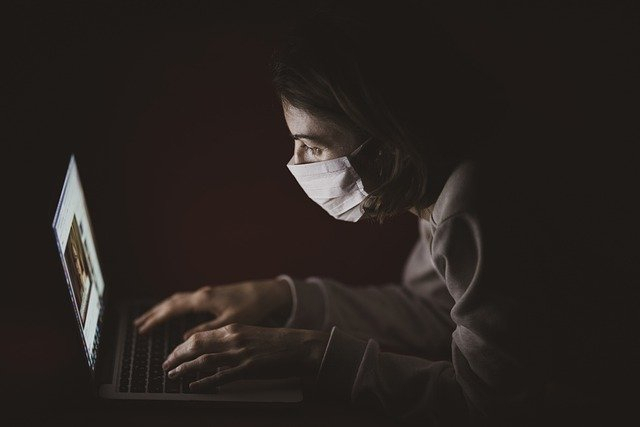Final Moderna vaccine trial result revealed that the jab has 94 percent efficacy and the company confirmed that none of the participants in the study developed the severity, thus, kickstarting the approval process with regulators around the globe. But US officials fear of possible emergence of COVID-19 scams after the approvals.
Homeland Security investigators, who are working with Moderna, Pfizer, and many other firms racing to complete and distribute vaccine as well as treatments for the COVID-19, have a goal to accomplish—prepare for upcoming scams.
Steve Francis, assistant director for global trade investigations with Homeland Security Investigations, said, "We're all very excited about the potential vaccine and treatments. But I also caution against these criminal organizations and individuals that will try to exploit the American public."
Moderna and Pfizer

Moderna announced on Monday, November 30 that it will ask the Food and Drug Administration (FDA) in the US for emergency use authorization (EUA) for its 94 percent effective COVID-19 vaccine.
Moderna said that its FDA hearing—a crucial step in the authorization process—will be held on December 17. The company is submitting its final trial results to the regulators in the US as well as in Europe and the UK for an emergency license.
The other vaccine developer, Pfizer's public hearing is scheduled on December 10 and after that, the federal agency could make its official authorization decision. It said that the vaccine candidate was 95 percent effective according to the final analysis.
However, as of now, no vaccine has received approval from the FDA, which earlier approved remdesivir for Coronavirus treatment. But the federal agency has warned against potential fraud. In a recent statement, the FDA said the agency is particularly concerned that the deceptive and misleading products "might cause Americans to delay or stop appropriate medical treatment, leading to serious and life-threatening harm."
As per Karen Gardner, who is the chief marketing officer at SIPCA North America, a company that works as a bridge between the government, businesses, and consumers, the pharmaceutical companies need to have safeguard and brand-protection features in place to help avoid any kind of fraud. She also noted that "when you have anything in high demand and limited supply, there is going to be fraud".
Fraud Cases

Earlier this year, many fraud cases have been noticed. When in the US, a shortage of masks, gloves, and other protective gear were noticed, many scammers tricked people and promised that they will receive the goods which they never received.
At that time the Homeland Security Investigations began using 7,000 agents along with the FDA, FBI, and border officials to investigate scams. As a result, they arrested hundreds of people. US officials have already identified over 70,900 websites suspected as being involved in some kind of fraud related to COVID-19 and seized millions of unapproved or fake personal protective equipment products and antiviral pharmaceuticals.
The Coronavirus pandemic has affected 13 million Americans and the virus has already killed over 266,000 people in the US. But the availability of a Coronavirus vaccine for an entire country will take time. If the FDA allows emergency use of any vaccine, there will be limited and selective supply before the end of the year.
But officials are worried that desperation at this time could make Americans more susceptible. So, they are now trying to send messages to the public before vaccines are approved and being distributed. The officials said that people should get a COVID-19 vaccine from an approved medical provider to avoid falling into any scam, and advised them not to entertain any calls seeking personal information. In addition, people are also asked not to click on social media posts claiming to sell cures against the virus.









